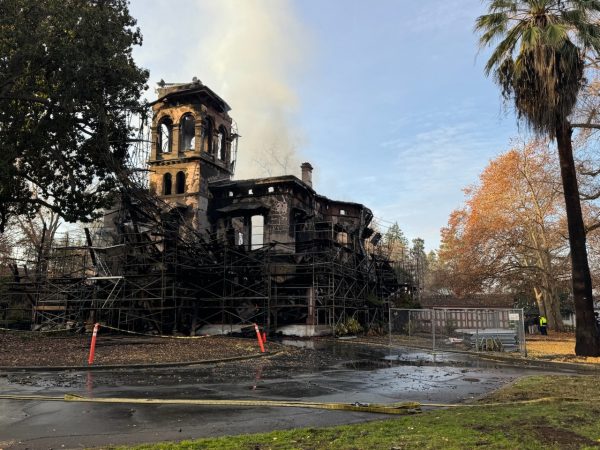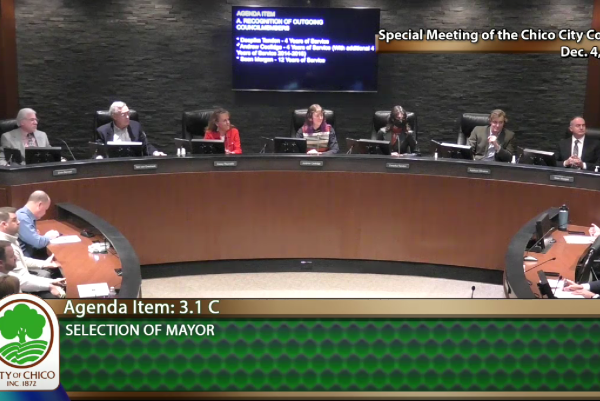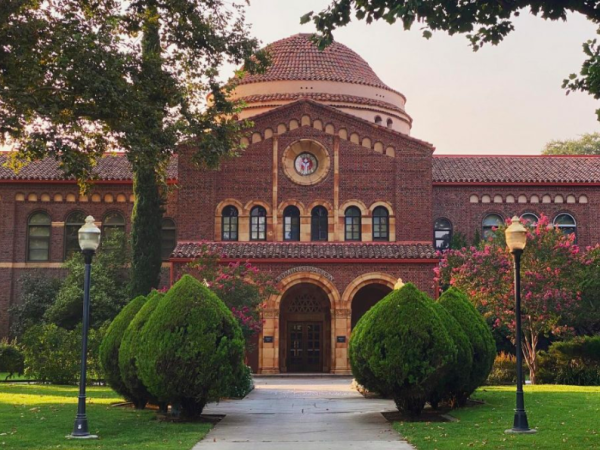Two alleged sexual offenses on campus result in no arrests
Two alleged sexual offenses occurred on Chico State’s campus this semester but neither led to arrests, so the cases were referred to the Title IX office, according to Public Relations Manager Andrew Staples.
The two sexual offenses occurred from late September to early October on the northeast side of campus. One was an alleged rape incident and the second was an alleged sexual battery.
No timely warning was issued to the campus community about either incidents because University Police investigated and deemed they were not “on-going threats,” according to Sean Murphy, media relations coordinator.
“Press releases are not required by the Clery Act and are not standard university procedure when responding to incidents of this nature,” Staples said.
Staples said there were three determining factors for not issuing a timely notice: the victims didn’t want to pursue criminal complaints, the initial investigation had limited information so the press release would have been vague and no on-going threat to campus could be established.
The University Police Department only puts out a timely warning notice if they anticipate the same perpetrator reoffending. Since these two alleged sexual offenses were separated “isolated incidents” involving different sets of individuals, UPD did not put out a timely warning notice.
“Given those factors, UPD’s focus was to support and protect the privacy of the victim, provide resources and empathy, and not further traumatize them,” Staples said. “The victim was connected with the Title IX office.”
The cases are on-going and still being investigated by the Title IX office since the crime happened on “Clery Geography,” which would be anywhere on campus. It takes around 100 days for cases to be properly investigated, sometimes longer depending on the incident. The number of sexual offenses from this year will not be announced publicly until the next Annual Security Report comes out this coming October.
The only way the perpetrators face legal repercussions is if the case goes to the district attorney’s office for a decision, which typically occurs only if police investigators make the recommendation to the DA. If not, the maximum punishment Title IX can give is an expulsion from the university since it is not a criminal process — it’s an administrative process from the university.
The victim can also take the case to civil court for a decision. The university has resources to help victims pursue their case like the Community Legal Information Clinic. In certain cases, it’s possible for civil, criminal and administrative processes to be happening at the same time.
According to California Penal Code section 243.4 (a), regarding sexual battery: “A violation of this subdivision is punishable by imprisonment in a county jail for not more than one year, and by a fine not exceeding two thousand dollars ($2,000); or by imprisonment in the state prison for two, three, or four years, and by a fine not exceeding ten thousand dollars ($10,000).”
Three cases of rape were reported on campus in 2021, according to the Annual Security Report. However, none of these cases had timely warning notices.
If you’re on campus during the night and feel threatened or are worried for your safety, the blue telephone poles on campus have emergency buttons that summon UPD to the scene so they can address the matter of distress. They can also be used to call for transportation from Campus Connect Shuttle across campus from 6 p.m. to midnight.
Melvin Bui can be reached at [email protected] or @MelvinBuii on Twitter.








